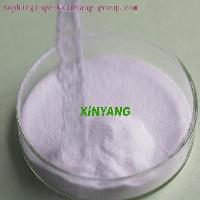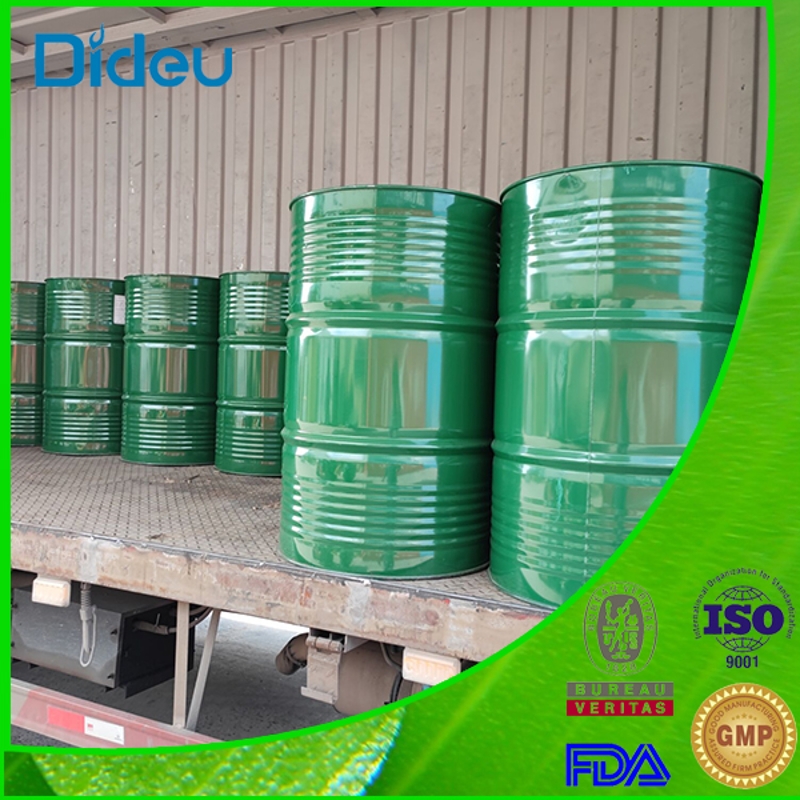-
Categories
-
Pharmaceutical Intermediates
-
Active Pharmaceutical Ingredients
-
Food Additives
- Industrial Coatings
- Agrochemicals
- Dyes and Pigments
- Surfactant
- Flavors and Fragrances
- Chemical Reagents
- Catalyst and Auxiliary
- Natural Products
- Inorganic Chemistry
-
Organic Chemistry
-
Biochemical Engineering
- Analytical Chemistry
- Cosmetic Ingredient
-
Pharmaceutical Intermediates
Promotion
ECHEMI Mall
Wholesale
Weekly Price
Exhibition
News
-
Trade Service
Zinc acrylate is a widely used compound in the chemical industry, with numerous applications in various industries such as coatings, adhesives, sealants, and inks.
In terms of upstream and downstream products, zinc acrylate can be derived from two different processes, either by the chemical synthesis route or by the fermentation route.
The Chemical Synthesis Route:
The chemical synthesis route involves the reaction of zinc oxide with acrylic acid, which is then treated with a catalyst to form zinc acrylate.
The upstream products for this process include zinc oxide, acrylic acid, and the catalyst.
The downstream products include zinc acrylate and the byproduct of the reaction, which can be further processed or disposed of.
The Fermentation Route:
The fermentation route involves the use of microorganisms to produce zinc acrylate.
The upstream products for this process include the microorganisms and the nutrients required to sustain their growth.
The downstream products include zinc acrylate and the byproduct of the fermentation process, which can be further processed or disposed of.
Chemical Synthesis Route:
The zinc acrylate produced by the chemical synthesis route is highly pure and is used in various applications that require high purity.
The purity of the zinc acrylate produced by this route is essential for ensuring the quality of the final product in applications such as coatings, adhesives, and sealants.
The chemical synthesis route is more expensive compared to the fermentation route as it requires the use of specialized equipment and reagents.
However, the purity of the zinc acrylate produced by this route makes it a preferred choice for applications where high purity is essential.
Fermentation Route:
The zinc acrylate produced by the fermentation route is less pure compared to the zinc acrylate produced by the chemical synthesis route.
However, it is still suitable for various applications such as inks and coatings where the purity requirement is lower.
The fermentation route is less expensive as it does not require specialized equipment and reagents.
The fermentation route is also more environmentally friendly as it uses microorganisms to produce zinc acrylate, which reduces the impact on the environment compared to the chemical synthesis route.
In conclusion, zinc acrylate has numerous applications in the chemical industry as a versatile compound.
The production of zinc acrylate can be achieved through the chemical synthesis route or the fermentation route, with each route having its own advantages and disadvantages.
The choice of the route depends on the intended application, the availability of resources, and the cost consideration.







